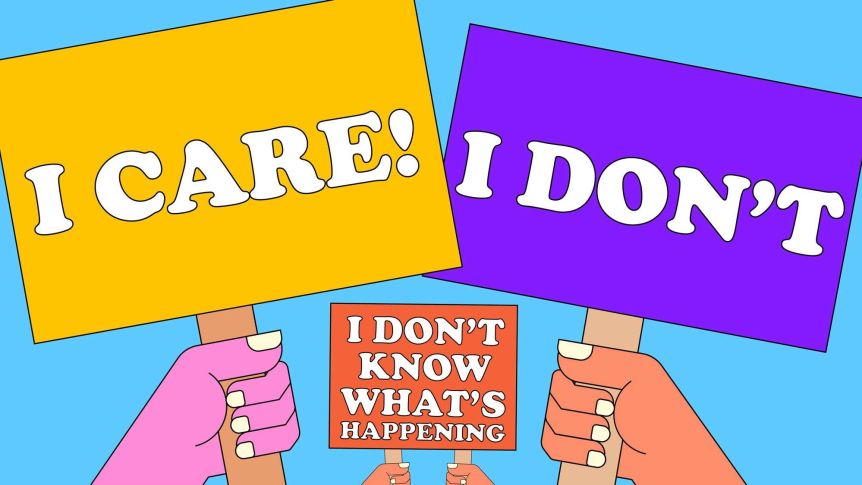
Title: Congressional Discourse Hits Unprecedented Low in Evidence-Based Communication, Groundbreaking Study Reveals
A striking new analysis published in Nature Human Behaviour indicates that political conversations within the United States Congress have increasingly shifted away from evidence-reliant reasoning over recent decades, achieving historically low points in the 21st century. This comprehensive assessment, covering more than 140 years and incorporating over eight million congressional speeches, highlights that lawmakers are leaning more on intuition, personal convictions, and emotional appeal instead of data, logical reasoning, and factual evidence when presenting their arguments.
Led by Professor David Garcia from the University of Konstanz in Germany, the study presents a unique metric known as the Evidence-Minus-Intuition (EMI) score. This linguistic framework measures how much political speech is anchored in evidence-based terminology (e.g., “data,” “analysis,” “research”) compared to intuition-driven language (e.g., “I feel,” “common sense,” “belief”).
Examining 143 Years of Congressional Discourse
The historical breadth of the research is remarkable. The team analyzed speeches from 1879 to 2022, showing an initial balance between evidence and intuition-based rhetoric in the early decades of the 20th century. This equilibrium began to shift toward more data-centered discussions during the 1940s, culminating in the mid-1970s.
However, following that peak in evidence-based expression, Congress has experienced a steady and increasing tilt toward intuition-oriented rhetoric. This decline has been especially evident in recent years, with a notable decrease since 2021, particularly among Republican legislators.
The trend away from fact-focused dialogue aligns with several alarming signs of democratic decline, according to the research. As reliance on evidence-based language decreased, Congress witnessed drops in legislative productivity, heightened partisan divisions, and rising socioeconomic disparities.
Rhetoric and Democracy: A Disturbing Link
Professor Stephan Lewandowsky from the University of Bristol, a co-author of the study, emphasizes the broader consequences of this linguistic change. “When Congressional speeches increasingly rely on evidence and facts instead of intuition, Congress functions better and experiences less polarization,” he stated. “In contrast, the growing dependence on intuition-oriented language since the 1970s has coincided with waning performance and rising polarization.”
Lewandowsky cautions that leaders’ language choices are not merely rhetorical; they significantly influence governance and the health of democracy in the country.
The Political and Media Context: Factors Influencing Change?
The study highlights various potential factors contributing to the erosion of evidence-based communication. Notably, the establishment of C-SPAN in 1979—allowing live broadcasting of congressional proceedings—may have promoted performative rhetoric over meaningful discussion. Additionally, stricter party control over speaking time, modifications to congressional rules and processes, and the increasing authority of the executive branch have shifted the legislative landscape.
The researchers also cite the media environment and the emergence of polarized news and social media as magnifying influences behind intuition-focused narratives. Professor Jana Lasser, a co-author and data analysis specialist at the University of Graz, previously noted analogous linguistic trends in congressional Twitter posts, highlighting a pattern where personal beliefs increasingly overshadow objective logic.
Key terms characterizing the two communicative styles brought the EMI method to life. Evidence-based terminology included “analysis,” “data,” “results,” and “investigate,” while intuition-based language featured words like “believe,” “feel,” “intuitively,” and “in my view.”
A Bipartisan Trend—with Greater Decline on the Right
While the reduction in evidence-based rhetoric impacts both major U.S. political parties, the decline is not equally shared. According to the researchers, members of the Republican Party have exhibited a more significant drop in evidence-centered language since early 2021—a time characterized by political turmoil, the COVID-19 crisis, and challenges surrounding disputed elections.
Nonetheless, Democrats are also affected, with both parties demonstrating a noticeable decline in analytical language and scientific reasoning over time.
What Steps Can be Taken?
Although the findings present a discouraging view of a shift toward intuition-driven discourse, the study proposes ways to correct the course. The researchers advocate for initiatives that promote bipartisan cooperation and motivate lawmakers to base their arguments in empirical evidence, which could help rebuild trust and functionality within Congress.
They further emphasize the necessity of institutional reforms and changes in media coverage that prioritize substantial policy dialogues over sensationalism. Educational initiatives aimed at improving civic reasoning and media literacy among the public could serve as a critical foundation for more engaged democratic participation.
A Call to Restore Evidence-Based Governance
The study’s ramifications extend far beyond Congress itself. As scientific data becomes more intertwined with political identity, the capability of public institutions to address challenges—ranging from climate change to healthcare reform—may face significant obstacles.
“Ultimately, the challenge lies